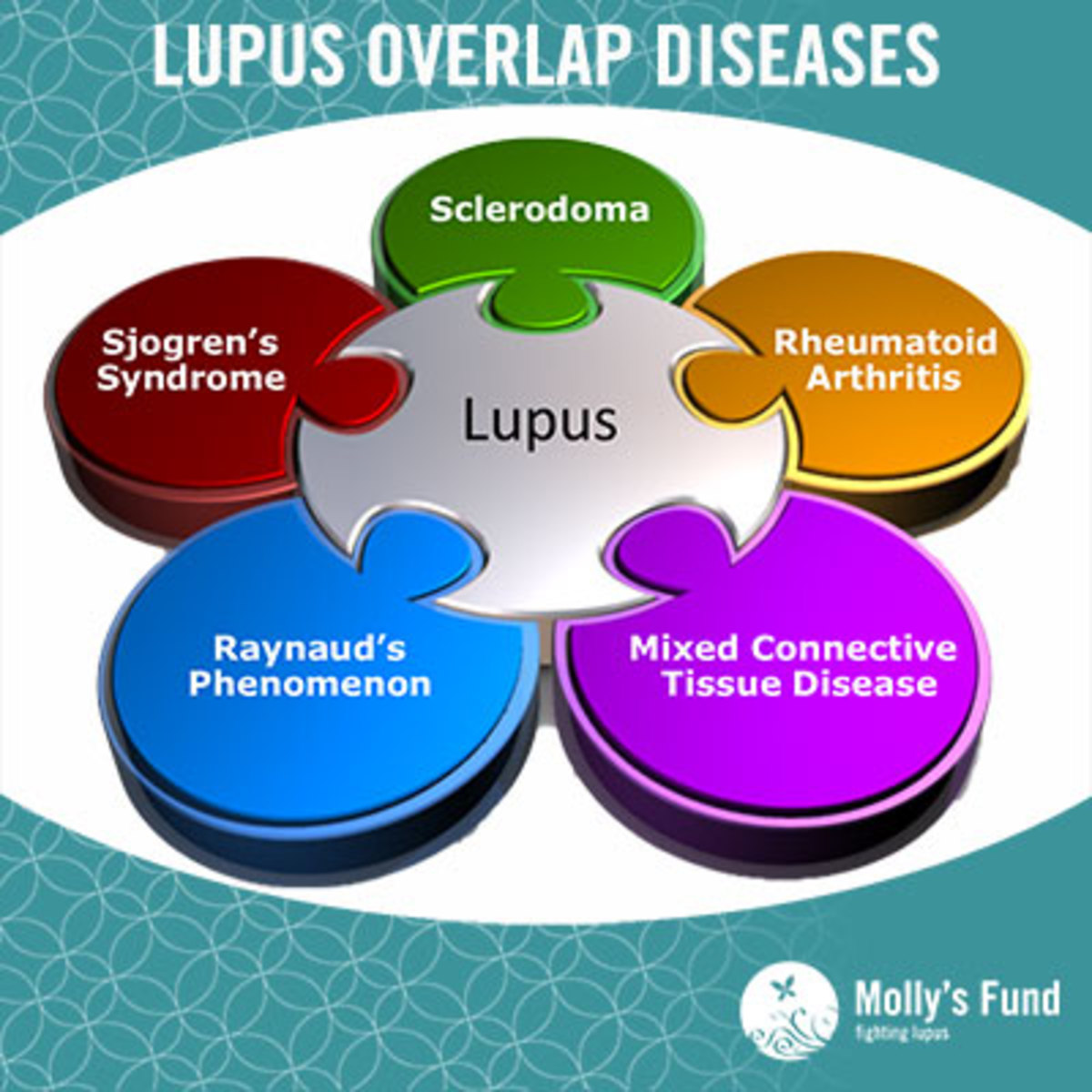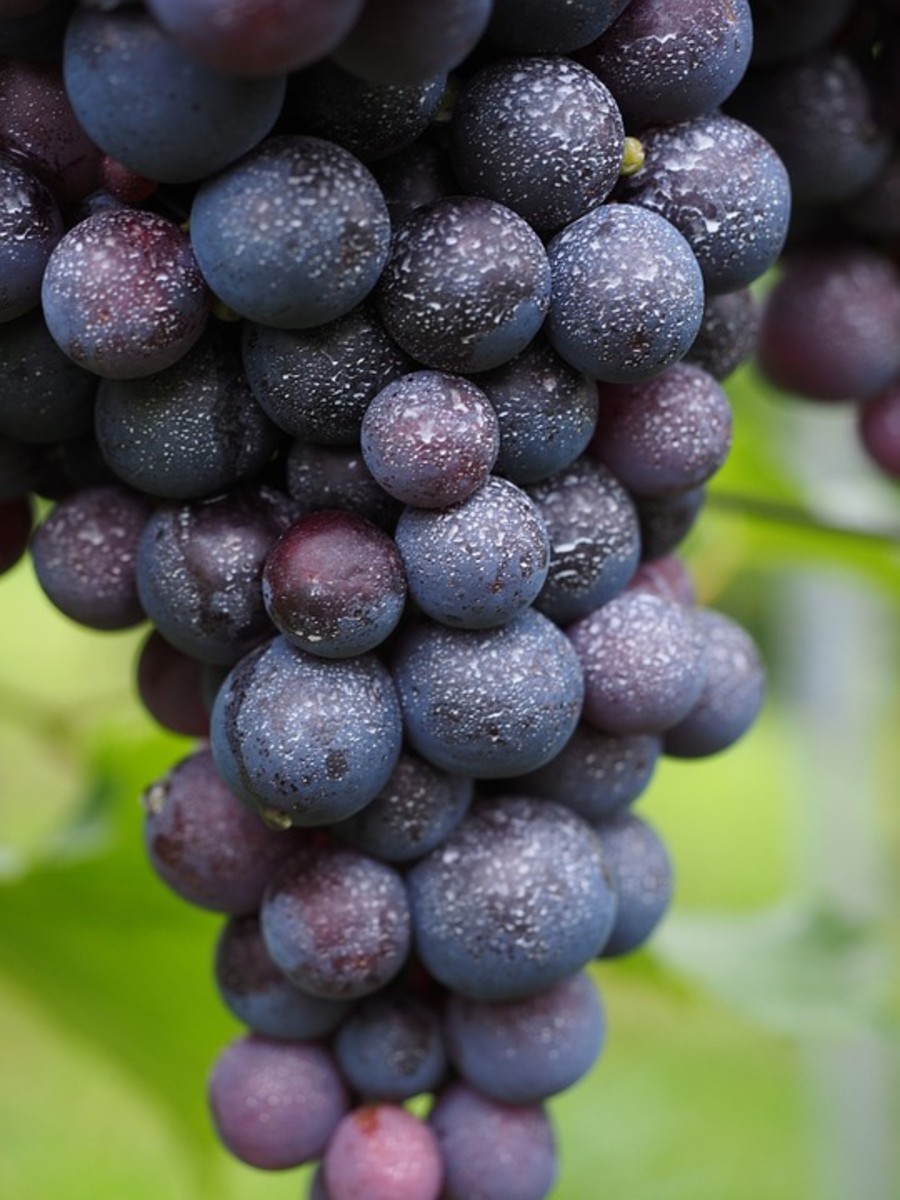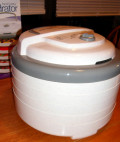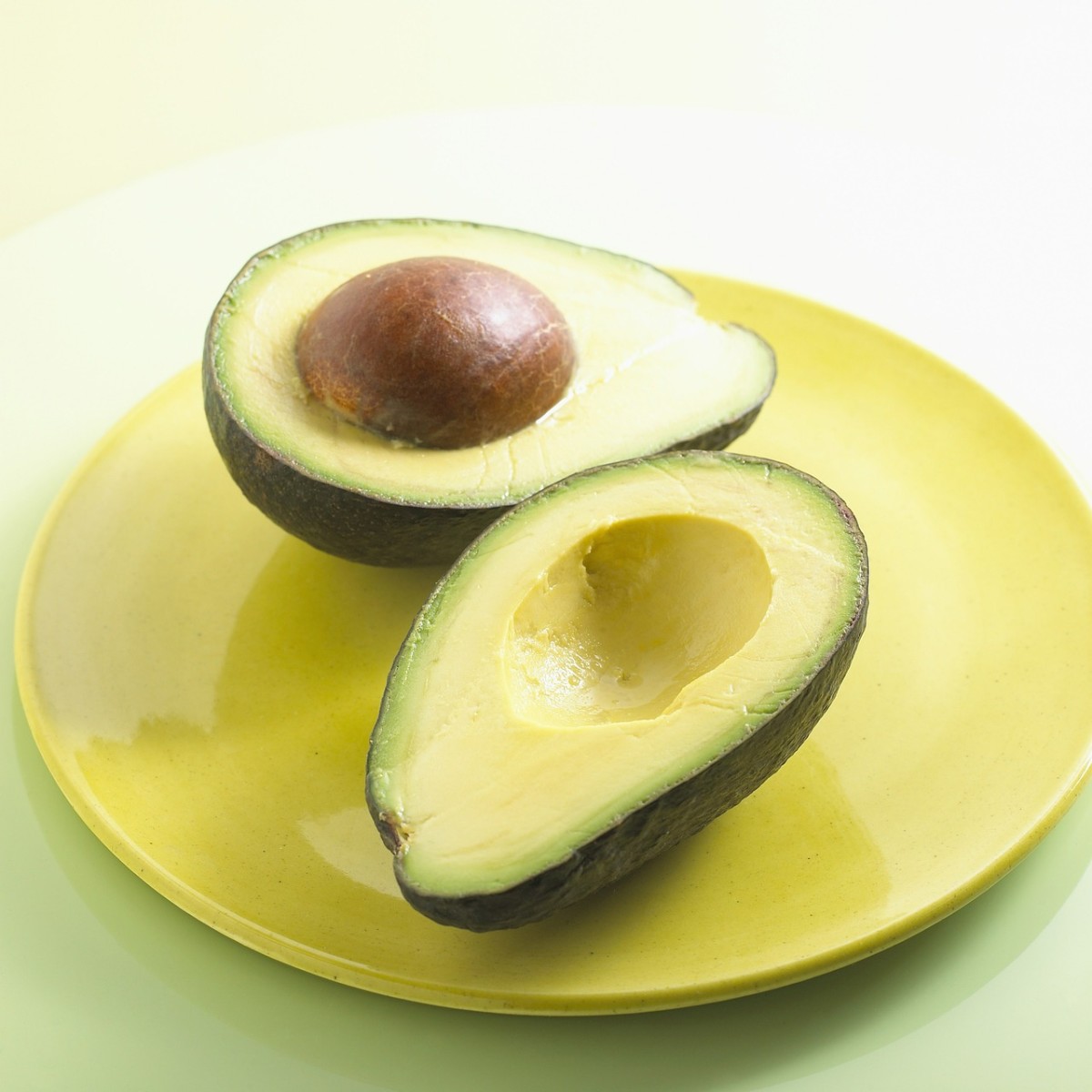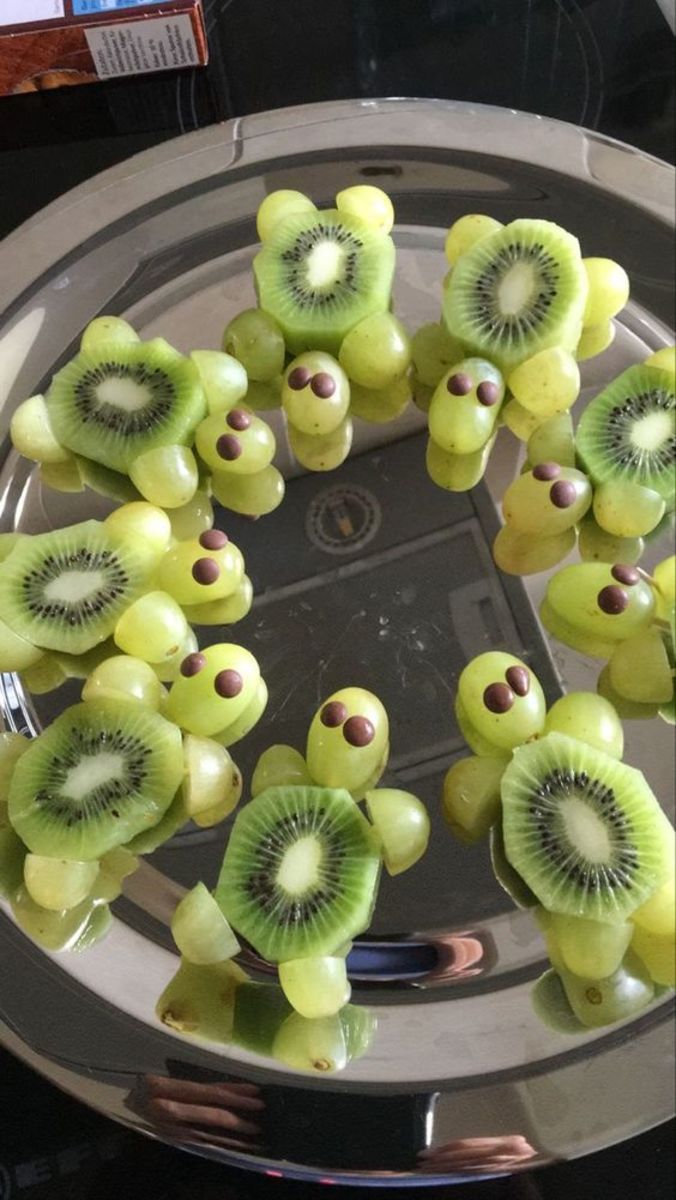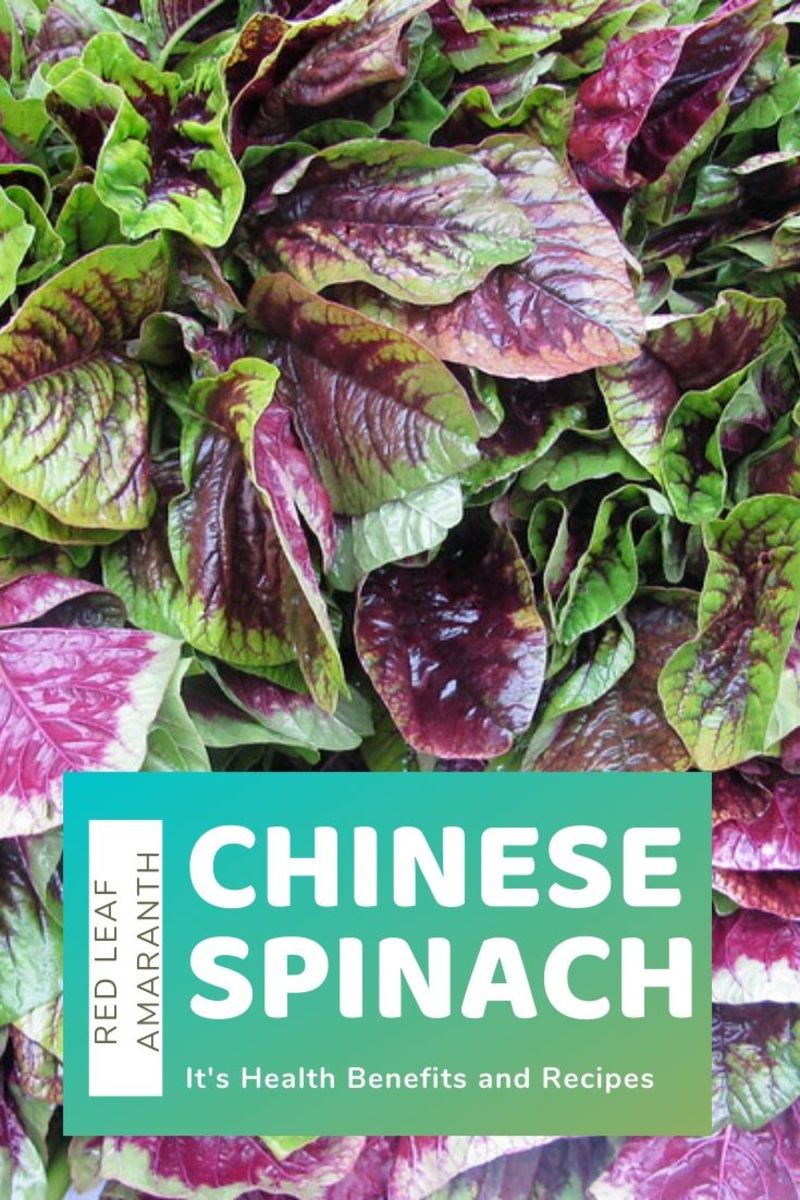The Top 10 Foods You Should Buy And Eat Organic - which fruits & vegetables are best to be buying organic?
Eat Natural - Go Organic!
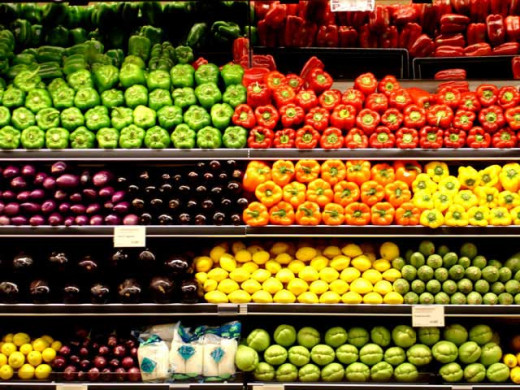
Which foods should I be buying organic?
As food safety and the chemicals and pesticides which contaminate our food supply are at the forefront of people's minds more than ever, it's important to research what we are really eating and exactly how it affects the human body.
When it comes to pesticides sprayed on food crops causing contamination, coupled with chemical additives in foods which we eat every day, it helps to find out what we can do as consumers to protect ourselves from these harmful substances as much as we can. For the majority of us, it's not about eating an 100% organic diet but more about making healthier choices when grocery shopping and ensuring that the "fresh" fruits and vegetables that we are buying are as healthy and natural as they can be.
Below are the top foods that you should be buying the organic version of (aka free from contaminants used in crop food production such as herbicides, pesticides and insecticides) whenever possible. So read on to learn about why you should buy organic and why.
Whilst it may not be financially possible to buy completely organic, or organic produce might not be readily available to you where you live all of the time, here are some tips on the best things to buy organic if and where you can -
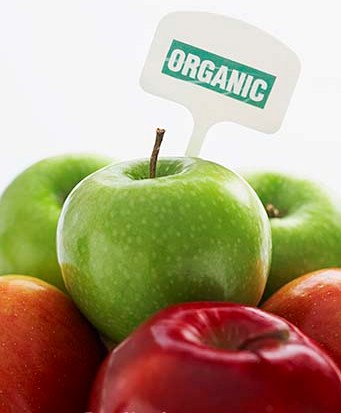
There are many claims made about buying and eating organic foods, but which ones should I be purchasing...
These are the top 10 foods on the blacklist - in other words, they are the worst fruits and vegetables to buy non-organic due to either their porous nature or their ability to soak up pesticides used in crop spraying.
So, onto the top ten foods you need to buy organic because they are the most contaminated foods available:
- Celery (celery has no protective skin so it's impossible to wash off chemicals - it has actually been ranked the number 1 dirtiest food!) So, definitely choose to buy your celery organic.
- Peaches (peaches are a very easily contaminated food. Stay away from non-organic peaches.)
- Apples (believe it or not, apples are a very highly contaminated fruit. Despite their thick skin, they take in a great deal of pesticides that washing and peeling can't remove. The fact that many people eat apples with the peel on just adds to the problem of non-organic apples.)
- Pears (pears seem to always rank very highly on the contaminated foods list - well up over 90% contamination rate. So if you want to avoid pesticides, make sure that you are buying organic pears.)
- Bell peppers/capsicum (even their shiny, thick skin doesn't offer a barrier to the nasty chemicals that are sprayed on during growing to kill bugs and pests. Their soft flesh easily soaks up the harmful chemical sprays used on crops.)
- Blueberries (they always make the dirty dozen lists due to their extremely porous nature, like nearly all berries. Frozen blueberries were found to have slightly less contamination, however it's much safer to buy all your berries organic. If you have to make a choice on what foods you should buy organic, then berries should be on top of your list as they nearly always rank among the highest contamination of all fruits and vegetables.)
- Strawberries (these are a food that you really want to be buying organic. In many tests and studies conduced on organic and non-organic food, around 90% of regular, non-organically grown strawberries were found to contain pesticides.)
- Cherries (around the same amount of pesticide traces were found in cherries as were found in strawberries. A very good reason to buy organic.)
- Potatoes (this is a surprising one but potatoes with thinner skins are the worst offenders. It's best to avoid buying non-organic potatoes of all kinds if you can though.)
- Lettuce (last but not least, everyone's favourite salad base. Due to its many exposed surface areas and lack of protective skin or peel, lettuce cops the brunt of the 50 or more different types of pesticides regularly used on lettuce and leafy green crops.)
- Other highly contaminated foods to watch out for are nectarines and other stone fruit, tomatoes (although there is some debate about this), kale, spinach and other types of leafy greens, carrots and raspberries.
So next time you're at the supermarket, keep you and your family safe by choosing to buy these items organic.
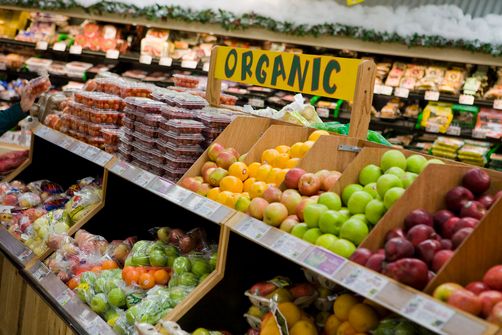
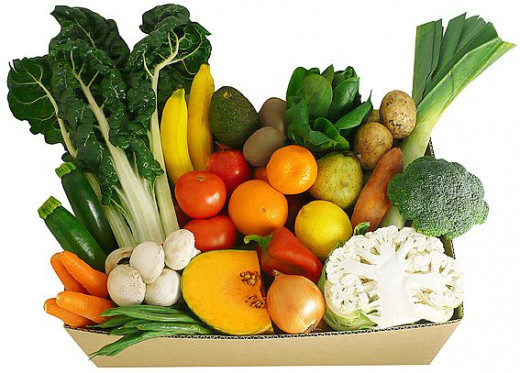
So what does Organic mean? Which foods are safe to buy Nonorganic?
We all hear the word "organic" thrown around when talking about eating clean and going natural with our diet, but many people don't actually know exactly what organic food really is. So basically organic produce is foods that are grown without the use of pesticides/insecticides, synthetic fertilizers, sewage sludge, genetically modified organisms (GMOs), or ionizing radiation. Animals that produce meat, poultry, eggs, and dairy products do not take antibiotics or growth hormones when the meat is considered organic.
So take some time to consider the options when choosing whether or not to go organic and rest assured that if you are unable to buy completely organic for any reason, then there is quite an extensive list of "safe" fruits and vegetable options that the Environmental Working Group has listed as the Clean 15 - meaning that they have deemed these particular foods so clean of pesticides that you don't need to buy organic...
- Onions
- Sweet Corn
- Pineapple
- Avocado
- Asparagus
- Sweet peas
- Mango
- Eggplant
- Cantaloupe
- Kiwi
- Bananas
- Watermelon
- Sweet Potatoes
- Grapefruit
- Mushrooms
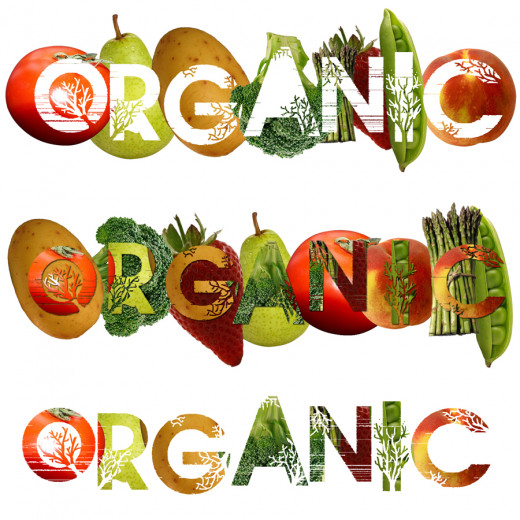
The Good and the Bad when it comes to Organic Food
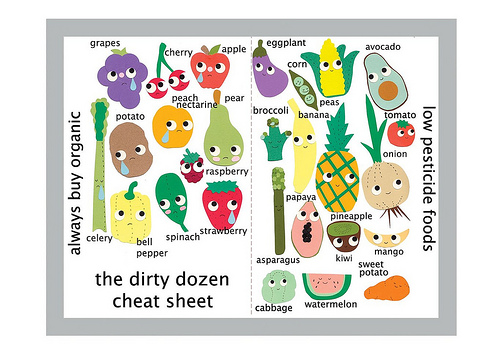
Organic food poll
Do you buy and eat organic?
Links to learn more about organic food
- Study finds organic food is no better on vitamins, nutrients | Fox News
Stanford University doctors conclude there's little evidence that going organic is much healthier - Are Organic Foods Really Better? | The Dr. Oz Show
Researchers at Stanford University recently released a study that questions the nutritional benefits of buying organic foods. The study found very little nutritional difference between organic and conventional produce and meat. - Is Organic Food Better For You Than Conventionally Produced Food?
Is organic food better for you than conventional food? It's the second most asked question we get here about food, the first being 'What is the difference between organic and inorganic food? (Also Lee Silver's What is the meaning of - The Truth About Organic Foods - Pros and Cons of Organic Food and Is Organic Food Healthier For Me?
Use our facts and guide of the most important organic foods to make the healthiest choices for your family. - Is organic food worth the extra cost and does organic food taste better?
Organic food products cost more—according to a 2006 study in the Journal of Food Science, an average of to percent to 40 percent more for typical items.

